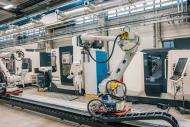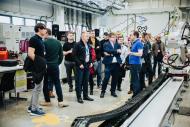Topic
Companies can test AI solutions for industry under exceptionally favourable conditions in testbeds in Prague, Brno and Ostrava
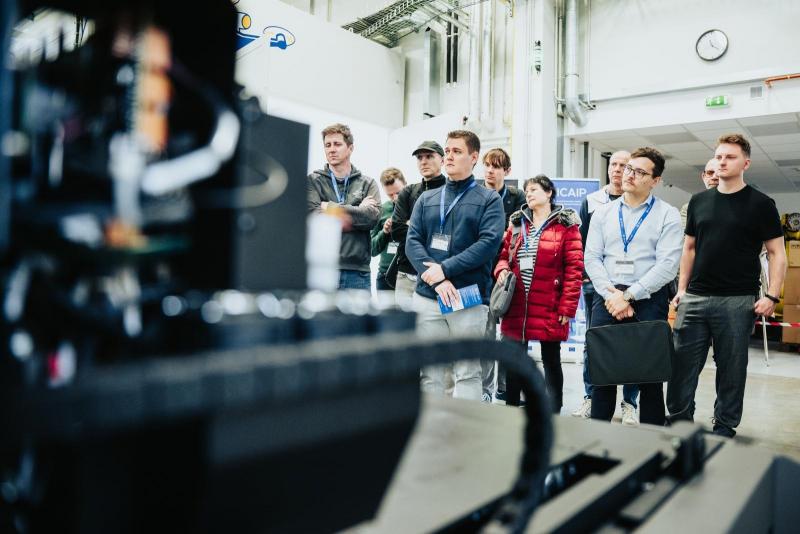
Czech SMEs developing technology solutions and products using artificial intelligence (AI) for industry now have a unique opportunity to receive significant financial support. Thanks to the TEF support scheme and the European AI-MATTERS network, companies can use the state-of-the-art infrastructure of the so-called industrial testbeds at the technical universities in Prague, Brno and Ostrava under extremely favourable conditions. In the Czech Republic, a budget of CZK 200 million from European and national sources has been earmarked for these purposes, which companies can draw on for highly professional services in the coming years.
The AI-MATTERS technology network for industrial AI connects "TEF" (Testing and Experimentation Facilities) in eight EU countries, including the Czech Republic. In the Czech Republic, these facilities enable companies to benefit from cutting-edge infrastructure and related expertise primarily in collaboration with three Czech universities, but if desired or needed, it is possible to take advantage of the ecosystem offerings of the entire AI-MATTERS network and its 25 partners. The Czech team is led by the Czech Institute of Informatics, Robotics and Cybernetics of the Czech Technical University in Prague (CIIRC CTU) and includes CEITEC Brno University of Technology (BUT) and Technical University of Ostrava (VSB).
Within the Czech Republic, a budget of CZK 200 million is earmarked for the support and provision of services, especially to small and medium-sized enterprises. The Ministry of Industry and Trade of the Czech Republic provides half of the funds for co-financing this project from the National Recovery Plan, the other half is reimbursed from the Digital Europe programme, managed by the European Commission. The entire AI-MATTERS network is then working with a total budget of 60 million euros (1.5 billion crowns) by the end of 2027.
"I am pleased that thanks to these facilities, Czech companies can benefit from cutting-edge infrastructure and related expertise. The AI-MATTERS project not only supports local innovation, but also opens the door for Czech companies to European partners and markets. This is a significant opportunity for those who want to take their technological solutions to the next level and increase their competitiveness in a dynamic industrial environment. This initiative is one of the key projects that meet the objectives of the newly approved National Strategy for Artificial Intelligence of the Czech Republic 2030," says Minister of Industry and Trade (MIT) Lukáš Vlček.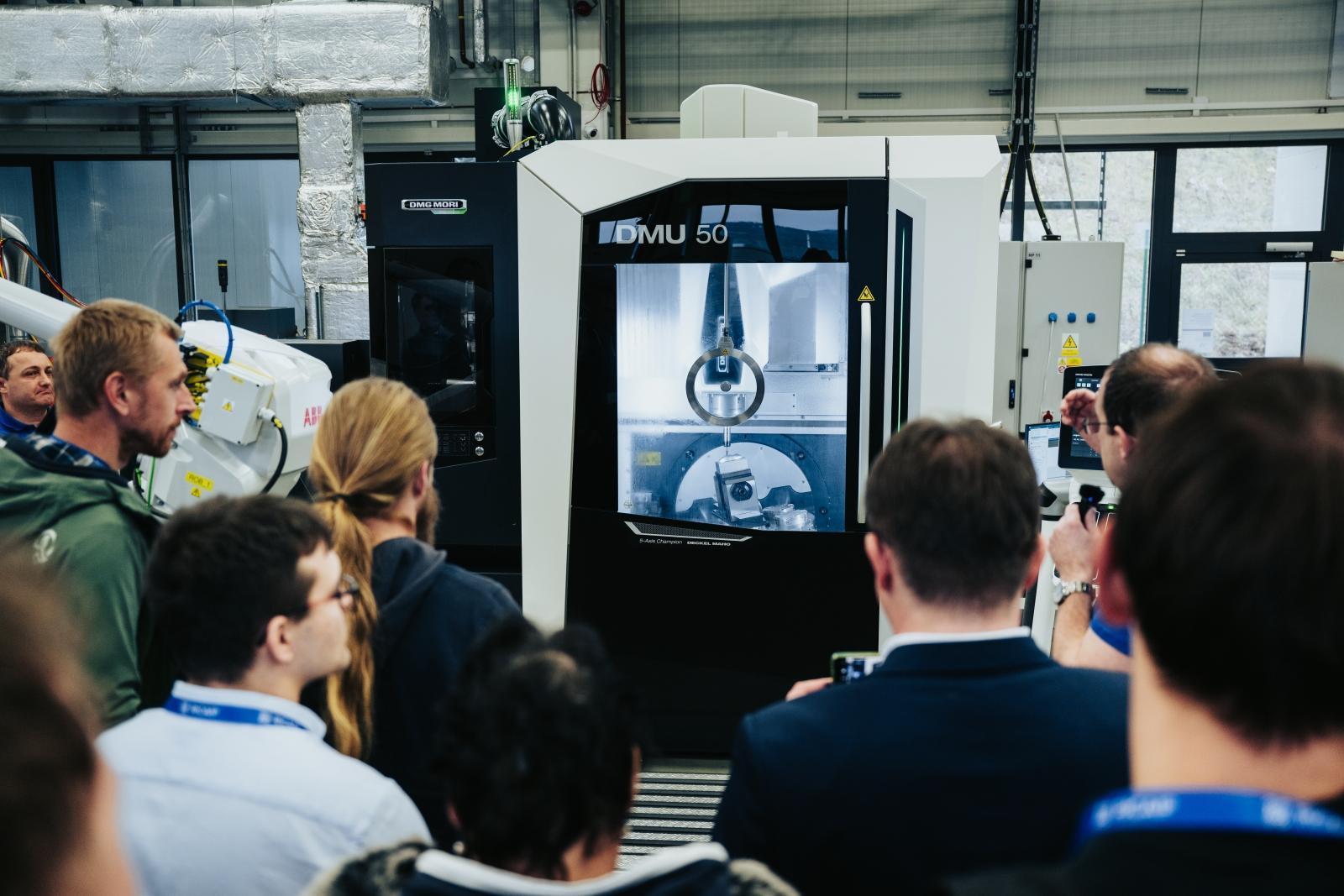
"For the Czech Republic, digital transformation and the development of Industry 4.0 is a priority. In testing and experimentation facilities, companies can test new innovative solutions based on AI. This service will thus contribute to supporting the digitalisation of enterprises, which is crucial for the future success and development of the Czech economy," says Petr Očko, Chief Director of the Digitalisation and Innovation Section of the MIT of the Czech Republic.
The Czech expert teams in Prague, Brno and Ostrava offer a wide range of services focused on key topics such as data collection and analysis, smart factories, optimisation of production processes, IoT systems, human-machine-robot collaboration or industrial 5G communication. Experienced experts are available and, thanks to RICAIP Testbed Prague, RICAIP Testbed Brno and Smart Factory Lab Ostrava, modern equipment and technologies for artificial intelligence and advanced robotics.
"AI-MATTERS represents a unique opportunity for Czech companies that want to exploit the potential of artificial intelligence. Thanks to this initiative, AI technology providers, technology developers and integrators, as well as many end-users from among manufacturing companies, can bring their innovative solutions to market faster and more efficiently. In addition, this programme is faster and significantly less bureaucratic than other grant initiatives," says Ondřej Beránek, lead coordinator of the Czech AI-MATTERS team from CIIRC CTU. Up to 100 projects are expected to be implemented in the Czech Republic by 2027 to help streamline manufacturing processes, introduce predictive maintenance or deploy robots in production.
"Companies often don't know how to modernise existing machinery when they don't have the means to acquire new technology. In such cases, we help to revive existing machines with modern sensors, linking them to the entire production system and subsequently streamlining production processes across the board," says Pavel Burget, director of RICAIP Testbed Prague at CIIRC CTU. "We focus on the areas that cause the most problems in operations, such as downtime, outages or maintenance planning. Thanks to artificial intelligence, we can optimize these processes and increase the competitiveness of the company."
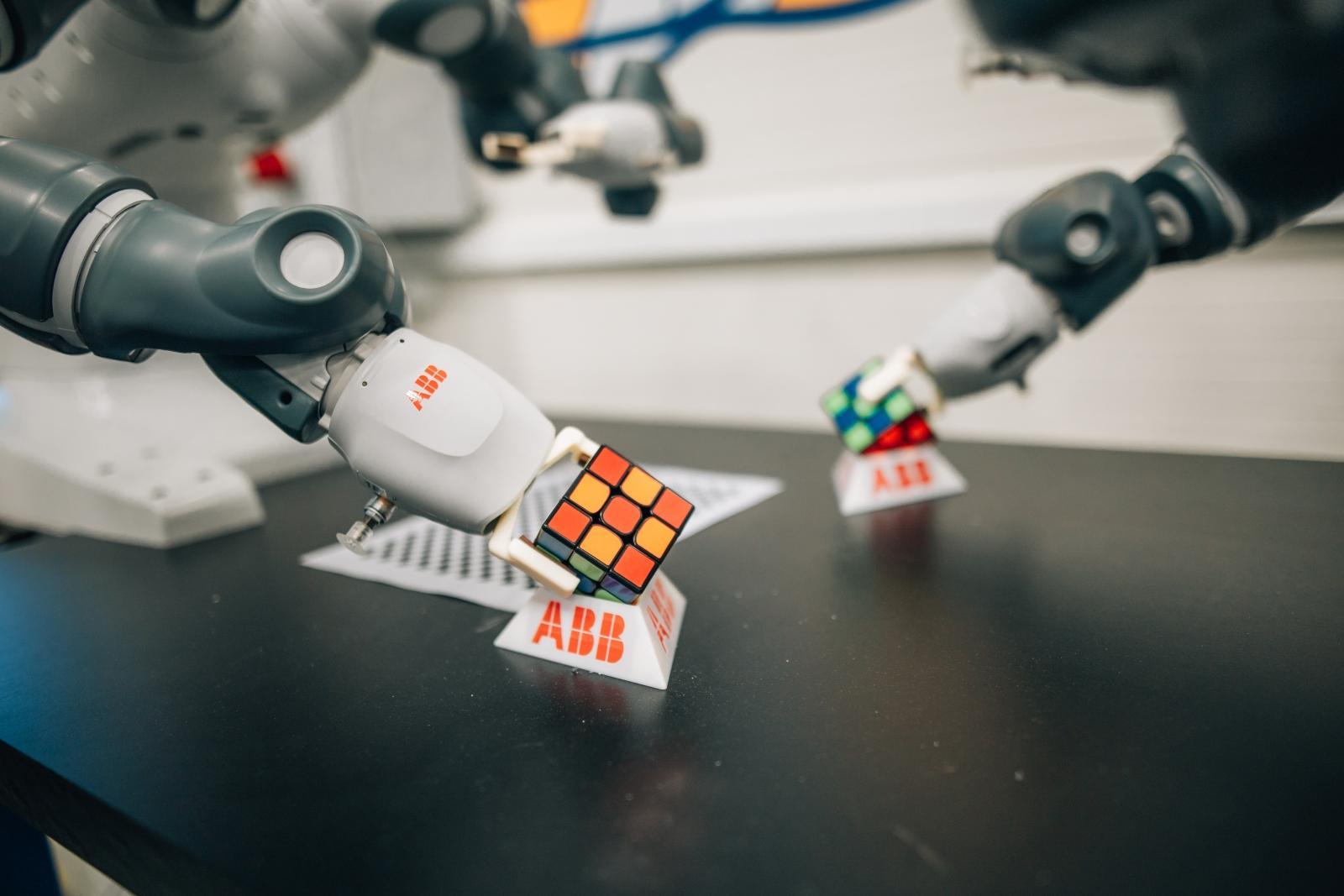
"Our goal is to show how to effectively use the collaboration of machines and people in different production scenarios," adds Pavel Václavek, coordinator of the Industrial Cybernetics research programme, CEITEC BUT, on behalf of RICAIP Testbed Brno. "We will design and test the possibilities of using a robot in a position that does not allow the deployment of a human worker, for example due to a lack of qualified people. We are able to set up an experiment so that the company can test scenarios and see how the production process can be made cheaper and automated using autonomous robotics." The Brno team will also help companies with the creation of datasets for visual inspection, for example, and provide machine time to train AI models during experiments.
"We help companies that already collect data from production to process it in order to best set up production systems for efficient production planning and predictive maintenance," says Petr Šimoník, Vice Dean for Cooperation with Industry at the Faculty of Electrical Engineering and Informatics at VSB Ostrava. "Using virtualization and integration of the digital twin of manufacturing, including the deployment of artificial intelligence, we can identify opportunities for optimizing manufacturing processes, including resource and material management."
The call for applications for testbed services has just been published and is available on the AI-MATTERS and CIIRC CTU websites. It contains all the necessary information on the types of projects that companies can undertake in collaboration with universities, including how they can obtain financial support for the services provided at up to 100% discount. Typically, this involves testing advanced technologies and solutions based on artificial intelligence that have been developed in laboratories or in limited conditions, and now need to be transferred to a real environment.
AI-MATTERS aims to increase the resilience and flexibility of the European manufacturing sector through AI, robotics and intelligent autonomous systems. It offers a combination of physical and virtual facilities in which technology providers can primarily receive technical support to test their latest AI-based software and hardware solutions (including AI-powered robotics) in a real-world environment, This includes support for the full integration, testing and experimentation of the latest AI-based technologies to solve problems or improve solutions in a given application sector, including validation and demonstration.
This press release was produced in cooperation with the Czech Technical University in Prague.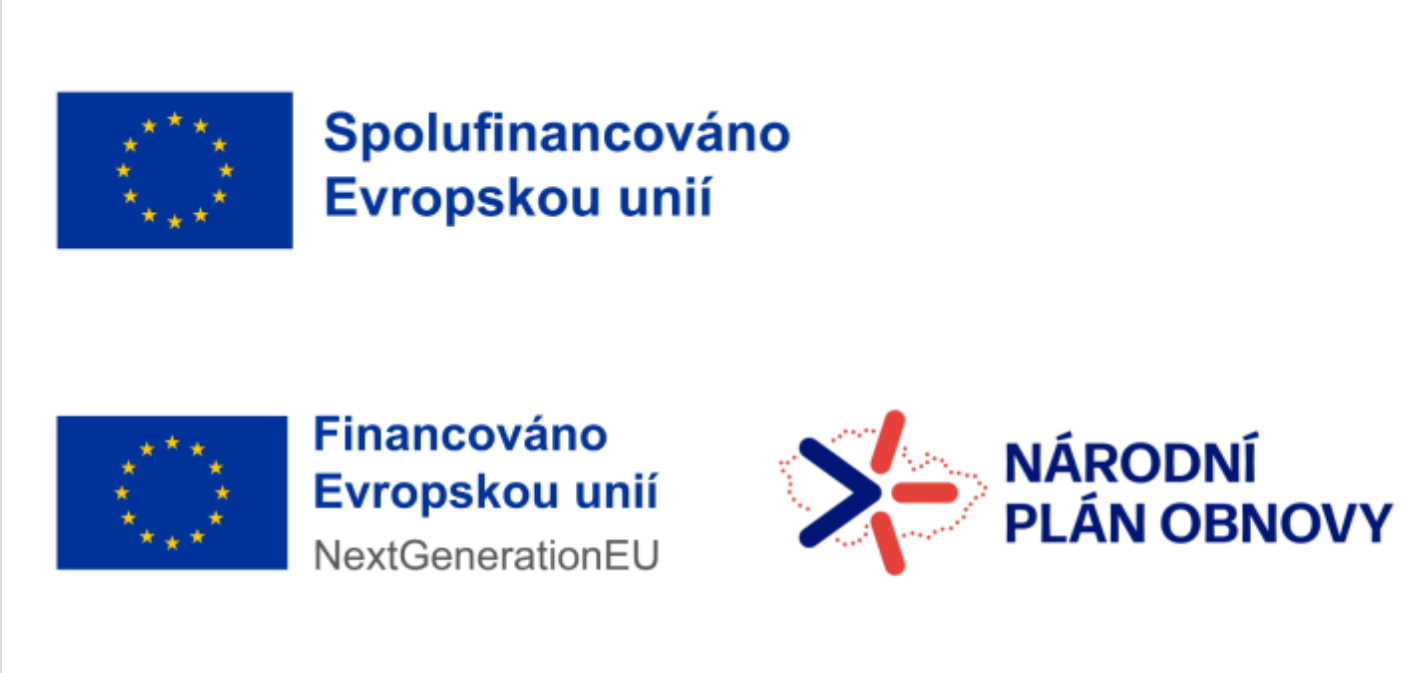
Source: CEITEC BUT
An Italian couple from CEITEC BUT succeed with research on the capture of nanoplastics by MXene microrobots
BUT has its JUNIOR STAR. Young scientist begins to build her own team
Researcher Jakub Lázňovský is developing software for objective evaluation of vertebral fusion success
Ceramics that glow. Young scientist wins award for research into new materials for lasers and X-rays
Who is Martin Pumera, one of the most cited scientists in the world?
